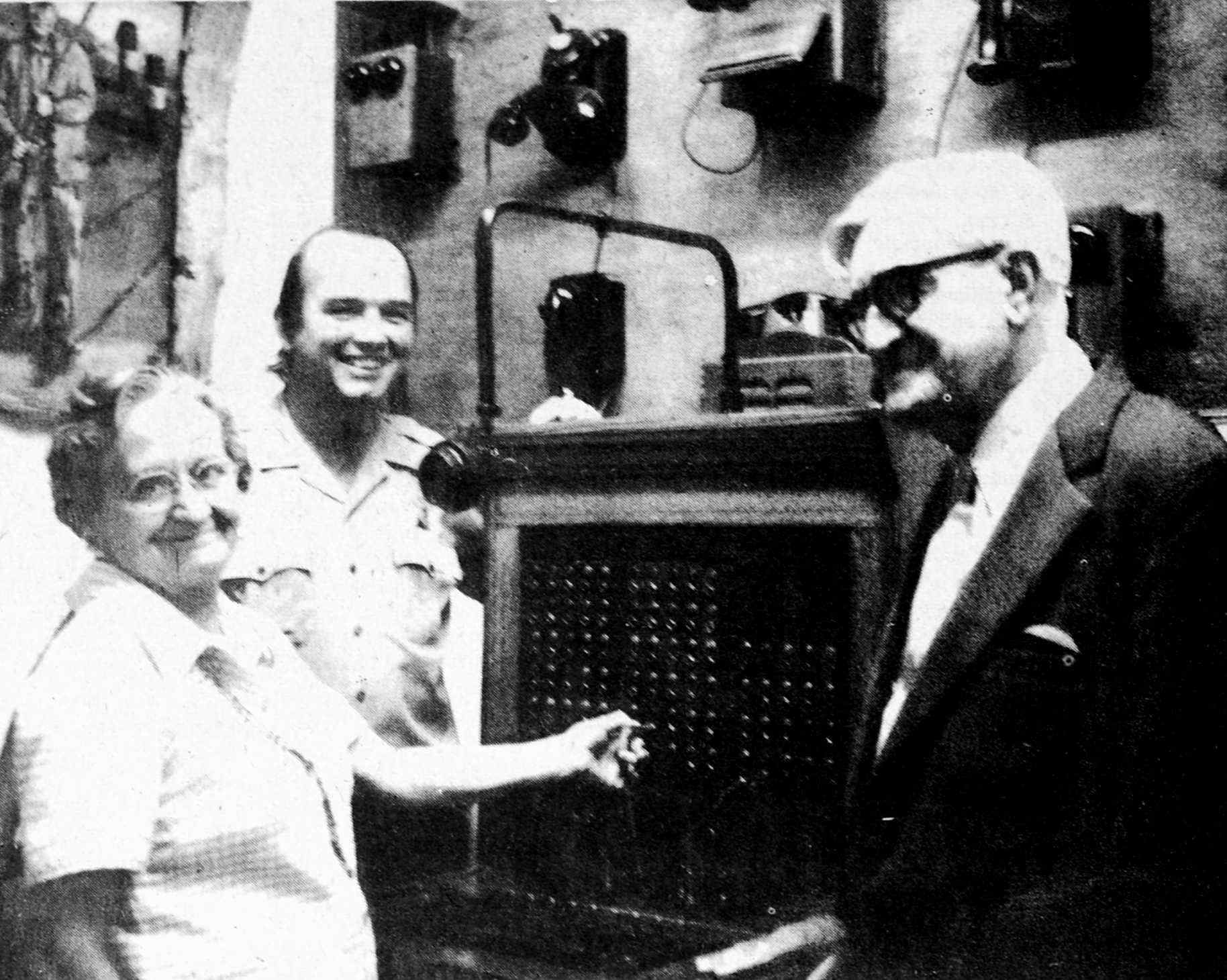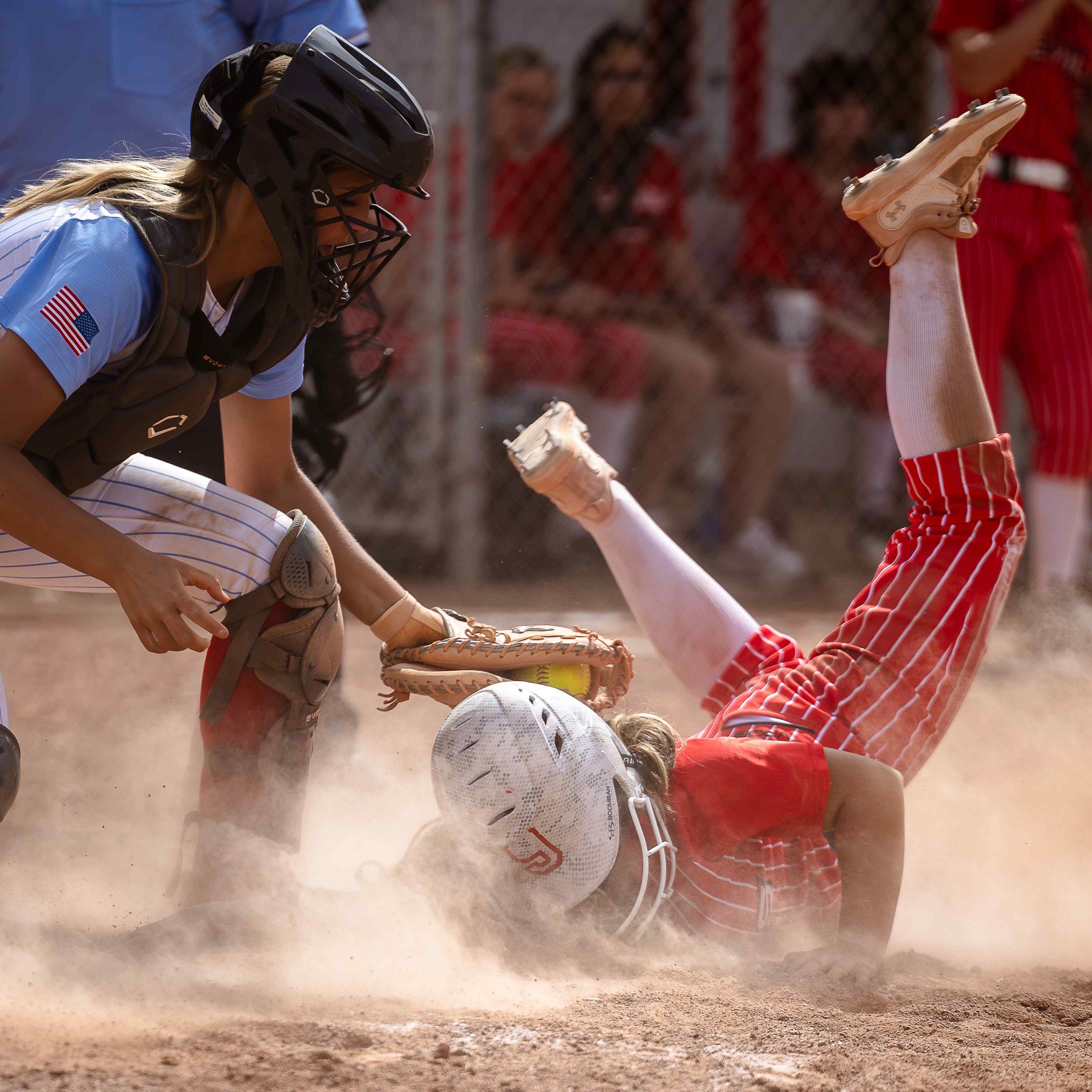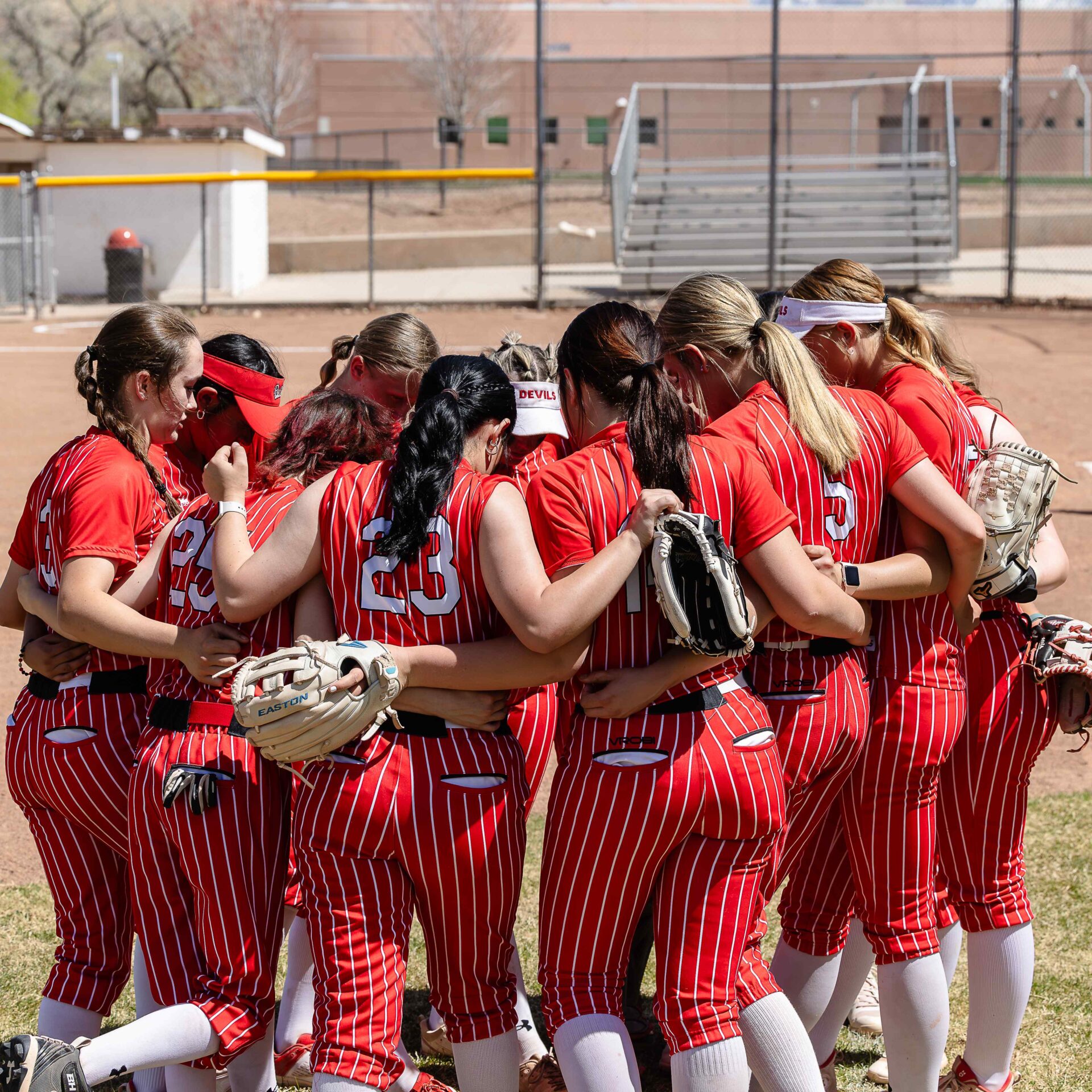The Friends of the Moab Folk Festival found themselves thinking outside the box to continue spreading joyful noise to the community despite the COVID-19 pandemic. The nonprofit sponsors the Moab Folk Festival, as well as a free concert series and education outreach for schools in Grand County.
By combining federal funding and dedication, Assistant Director Cassie Paup helped the festival continue to serve its community throughout the pandemic. The 2021 Moab Folk Festival has been scheduled for the weekend of Nov. 5, public health directives allowing.
“Arts and culture are the glue that holds our community together. Especially when we’re going through something that’s so new and uncertain, especially for kids, having so much change and so much fear,” said Paup. “We’re still dedicated to serving the community and providing our entertainment and arts education.”
During the pandemic, Paup coordinated a virtual Moab Folk Festival which aired over two nights and is available to view on YouTube. MFF was also able to host a singing and songwriting workshop on their Facebook page; usually, such events are free to the public and held at Star Hall. In a typical year, the Moab Folk Festival is the largest income-generating event for the nonprofit and funds free arts programming to the community.
Last year’s free summer concert series was canceled due to the pandemic, but with more of the population getting vaccinated and health officials rolling back restrictions, Paup plans on hosting the free concert series in Swanny Park this summer.
“That’s an adaptation that I’m pretty excited about. We’re evolving back to in-person events, and it sounds like the city and state are on board with us producing that carefully,” said Paup.
However, what she is most proud of is the nonprofit’s efforts in educational outreach during the pandemic. A years-long tradition, MFF brings Joseph Secody and Patrick Willie, both skilled Navajo hoop dancers, to teach their craft to fourth-grade students at Helen M. Knight Elementary School in Moab.
This year, it didn’t make sense to ask Secody and Willie to provide in-person instruction. So the two hoop dancers instead spliced together a 20-minute video of instruction, which was distributed to all fourth-grade students. The video featured clips from years past and cultural education about what hoop dancing means for Navajo people.
“Since teachers were all in a different place in their teaching schedules, they could show the video anytime that was convenient for them,” Paup said. Another benefit of the video format was that MFF could also share it with the charter school. Whereas MFF can typically only afford to bring Secody and Willie to one school, the video could be shared with other schools.
“It’s just a little more available and accessible,” Paup added.
Last April, MFF had planned to host Minnesota singer and songwriter Ellis Delaney, who has played at the Moab Folk Festival in the past. Perpetually an audience favorite, Delaney is always voted to come back by folk festival attendees. Paup had planned for Delaney to teach an in-person songwriting workshop to sixth graders back in April of 2020, which was then postponed and eventually canceled. But together, they found a way to present her workshop virtually.
Over Zoom, Delaney worked with one sixth grade class each week, amounting to a five-week program.
“Her style and personality are so effusive and bubbly and contagious, which translated really well to school kids,” said Paup.
Each class wrote their own song with Delaney, developing lyrics in the Zoom chat feature and on a collaborative document. At the end of the five weeks, each class presented their songs on Zoom, including clips of the students performing their work at recess and Delaney singing their lyrics.
“It was so cool to see all this on a screen and the kids on their little laptops; it was really way better than I thought it was going to be, since you never know what something will feel like virtually,” said Paup. “I feel like everything that we did translated to the audiences that we were trying to reach. And the students’ lyrics were really real; they were about getting back to normal, and what even is normal? It was really thought-provoking.”
MFF’s emphasis on educational outreach has been “intentionally expanded and developed” over the past years, according to Paup. What started as artist assemblies at the schools has grown into these weeklong sessions where musicians can fully share their craft with students.
“It’s moments like those where you feel that click and connection have been made, and hopefully brightened up an otherwise virtual, on-screen year for the kids,” said Paup. “I think that was needed this year, more than anything. The songwriting class really gave them a voice.”
With the light glowing at the end of the pandemic tunnel, Paup is turning her focus towards the possibility of in-person events this summer and fall. But the dexterity and creativity needed to adapt musical education into a virtual format — and the advantages and pitfalls of doing so — have stripped MFF’s mission down to its bare bones.
“I feel like [the pandemic] distilled our mission and our activities down to some essentials. Feelings really translated, even though they were in the video,” said Paup. “Sometimes it translates, even though it’s on a screen, the feeling and the inspiration that heartfelt connection can still happen — with the right people, and at the right time in the right place. I think now more than ever, we need arts.”




